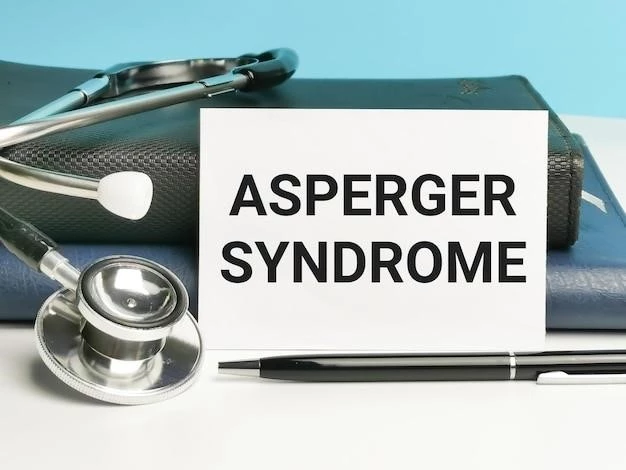Overview of Blaichman Syndrome
Blaichman Syndrome is a rare genetic disorder with distinct characteristics.
Definition of Blaichman Syndrome
Blaichman Syndrome, a rare genetic condition, is characterized by intellectual disability, speech delay, distinctive facial features, and growth abnormalities.
Causes of Blaichman Syndrome
Blaichman Syndrome is primarily caused by mutations in the DDX3X gene.
Genetic Mutations Associated with Blaichman Syndrome
Blaichman Syndrome is linked to mutations in the DDX3X gene, which plays a crucial role in brain development and function. These mutations can lead to the characteristic features of the syndrome.
Symptoms and Diagnosis of Blaichman Syndrome
Distinctive facial features, developmental delays, intellectual disability.
Common Symptoms of Blaichman Syndrome
Common symptoms include facial dysmorphism, growth retardation, intellectual disability, speech delay, and distinctive behavioral traits.
Diagnostic Methods for Blaichman Syndrome
Diagnosis involves genetic testing to identify mutations in the DDX3X gene. Physical examinations, developmental assessments, and imaging studies may also be used to confirm Blaichman Syndrome.
Treatment Options for Blaichman Syndrome
Management focuses on addressing individual symptoms and supportive care.
Current Treatment Approaches for Blaichman Syndrome
Management involves a multidisciplinary approach with interventions for developmental delays, behavioral issues, and intellectual disability. Regular monitoring and therapies can improve quality of life.

Research Advances in Blaichman Syndrome
Ongoing research aims to further understand the genetic mechanisms and potential treatments.
Recent Discoveries and Studies on Blaichman Syndrome
Recent studies have identified new mutations linked to Blaichman Syndrome, enhancing diagnostic accuracy. Research also focuses on potential targeted therapies to address the underlying genetic causes.
Living with Blaichman Syndrome⁚ Tips and Strategies
Creating a supportive environment and access to specialized care is essential.
Managing Daily Challenges of Blaichman Syndrome
Establishing routines, providing cognitive and behavioral support, and promoting social interactions can help individuals with Blaichman Syndrome navigate daily challenges effectively.
Genetic Counseling for Blaichman Syndrome
Genetic counselors provide families with information about the genetic basis of Blaichman Syndrome, recurrence risks, and available support services for informed decision-making and planning.
Support Groups for Individuals with Blaichman Syndrome
Support groups offer emotional support, shared experiences, and valuable resources for individuals and families affected by Blaichman Syndrome, fostering a sense of community and understanding.
